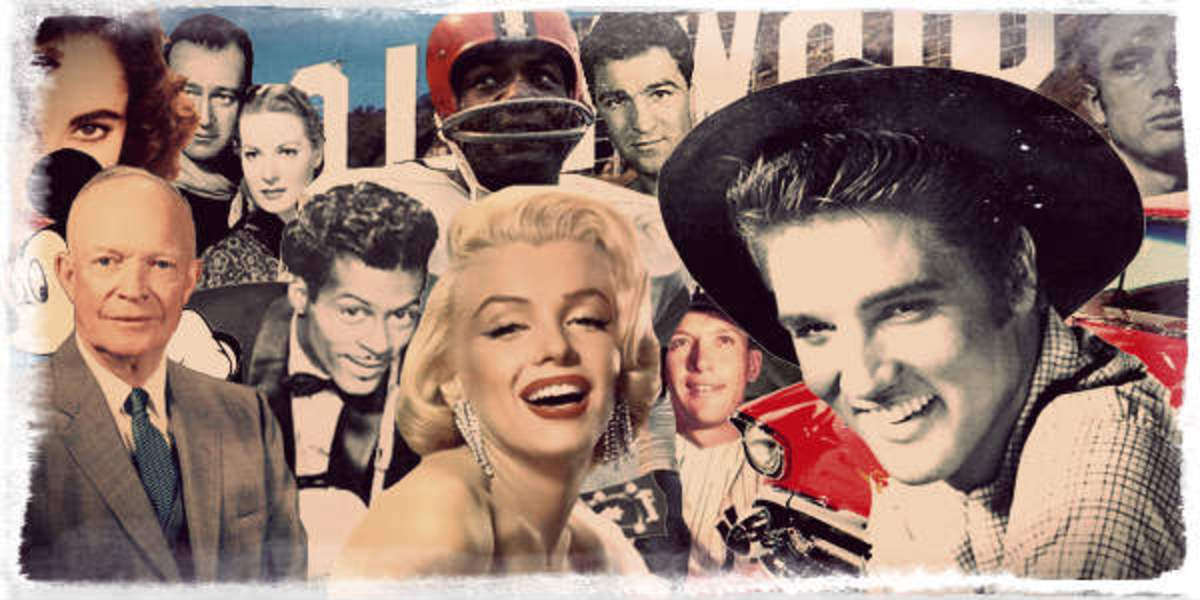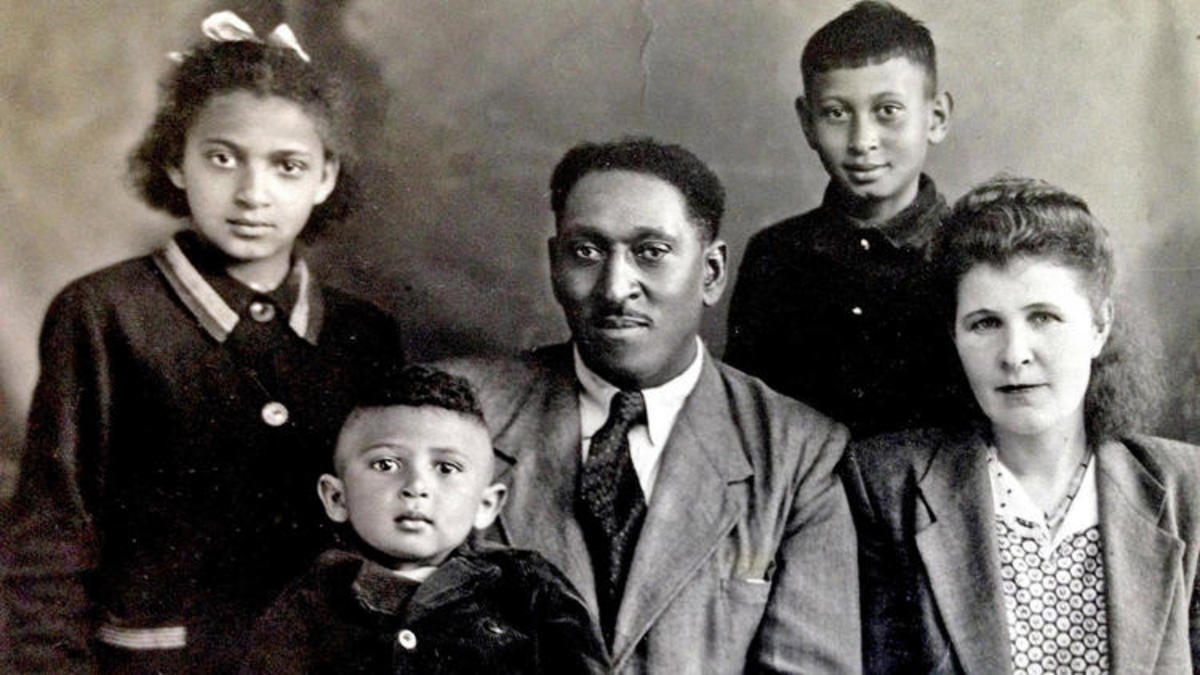Legend Of "The Fisk Jubilee Singers"

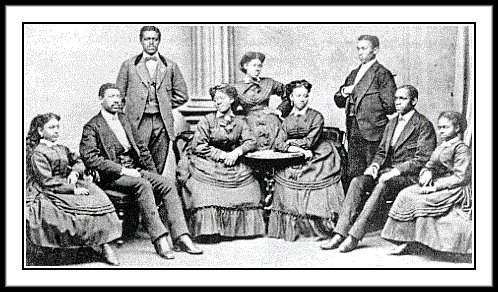
African-American Spirituals
One of the most famous singing groups of all time, The Fisk Jubilee Singers introduced the world to the African-American spiritual. They have continued to be a success for over a century. Their name originated, from the biblical reference to the time of jubilee.
It was in Cincinnati in 1871 when The Fisk Jubilee Singers made their first appearance. The group was formed to raise funds for their financially strapped Fisk University, an educational institution for blacks in Nashville, TN. The university, began in 1866, educated freed slaves and other young African Americans and was in dire financial straits. Fisk University began as a free school providing elementary through college education for freed slaves. Fisk taught them how to count, write and read.
This unknown, rag-tag band of singers battled insurmountable odds to save their school from bankruptcy. The group's manager, George White, was an untrained musician himself, but was a fine dedicated vocalist. The singers ranged in age from fifteen to twenty-five and were mostly all former slaves or their offspring.

Jubilee Hall
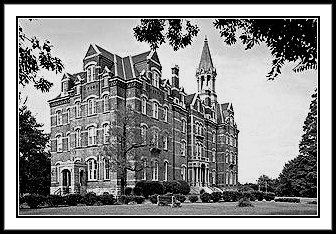
Rise To Fame
However, their rise to fame wasn’t without cost. Lack of funds, poor hotel accommodations, and mistreatment from the press and audiences were constant impediments which often left them exhausted and discouraged. The singers were often billed as “colored students from Fisk University, Nashville, TN”, a handle that didn’t lend itself well to their aspirations. Thus, they became the “Jubilee Singers”.
At first audiences didn’t respond favorably to their performances. It was one of the first public performances featuring music African Americans had sung laboring in fields.The act failed mainly because their show was different from the usual "black minstrel" theme with white musicians in blackface to which they were accustomed. But as their tour continued, the group began receiving recognition for their unique talents.

2008
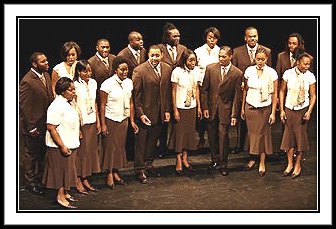
They Pressed On
So, pressing on, it was November 16, 1871, when a group of unknown black singers arrived at Oberlin College, Ohio to perform for a national convention of ministers. The concert in Oberlin was a mile stone in their quest to raise funds for their monetarily drained University.
Despite the Emancipation Proclamation, the south was still a dangerous place for African Americans. Fisk students who dared to teach were beaten and whipped by the Ku Klux Klan. One was even shot and another had their school burned down.
Ella Sheppard, an original Jubilee Singer said, “our strength was failing under the ill treatment at hotels, on railroads, poorly attended concerts, and ridicule”. Sometimes the group didn’t have place to sleep or anything to eat. There were also times the singers would have to wait in a railway while the male members sought shelter.

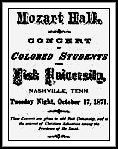
"Trained Monkeys"
They endured merciless discrimination on the road and from the media. The "New York World" called them "trained monkeys" who sang "with a wild darky air". So life on the road for the singers was anything but easy. They endured poor living conditions and sickness. Their clothes became tattered rags. But after their success in Oberlin, news of how good they were started to mushroom. Every church wanted to book the Jubilee Singers from then on.
However their performances were not limited to churches. They sang for Mark Twain, President Grant and other notables including the crowned heads of Europe. Mark Twain was quoted as saying "I don't know when anything has so moved me as the plaintive melodies of The Jubilee Singers." Queen Victoria wrote in her journal. "They are real Negroes. They come from America and have been slaves. They sing extremely well together."

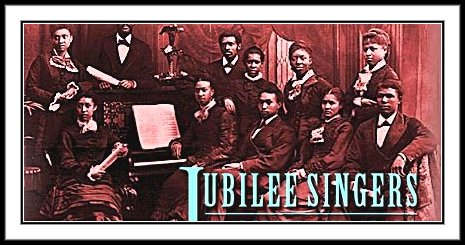
Audiences Clamored For More
Their powerful renditions of spirituals and slave songs inspired audiences, which always clamored for more.Following several tours in United States and Europe, the Jubilee Singers finally raised enough money to buy Fisk's present campus, the old Union Fort Gillem in Nashville, and constructed “Jubilee Hall”. It became the first permanent building in America for educating blacks and is now a national historic landmark.
In 1999, the modern day Fisk Jubilee Singers appeared in Jubilee Singers: Sacrifice and Glory, a PBS award-winning television documentary series, produced by WGBH/Boston. "Jubilee Singers: Sacrifice and Glory," tells the epic saga of former slaves who endeared themselves to hearts around the world with songs sung by slaves toiling under a hot southern sun.
The documentary portrays many unique themes of the era including race relations, particularly in the American south, popular culture, education and music.
The original Jubilee Singers disbanded in 1878 after an exhausting tour led to health problems among the members.What they did extended far beyond the boundaries of their University. They introduced the world to spirituals and highlighted racial discrimination on two continents.
“The Jubilees not only introduced the world to the music of black America, they championed the liberties of all Americans," said the documentary co-writer, Andrew Ward.



